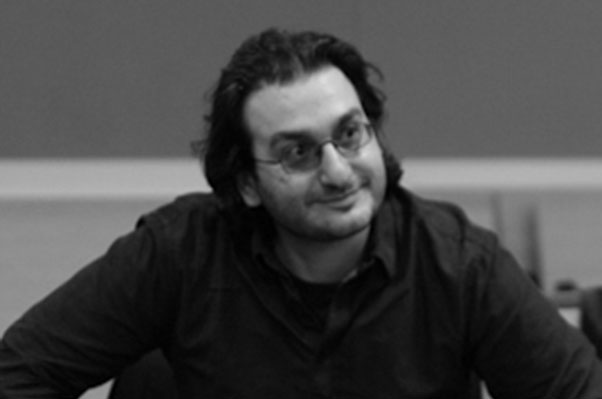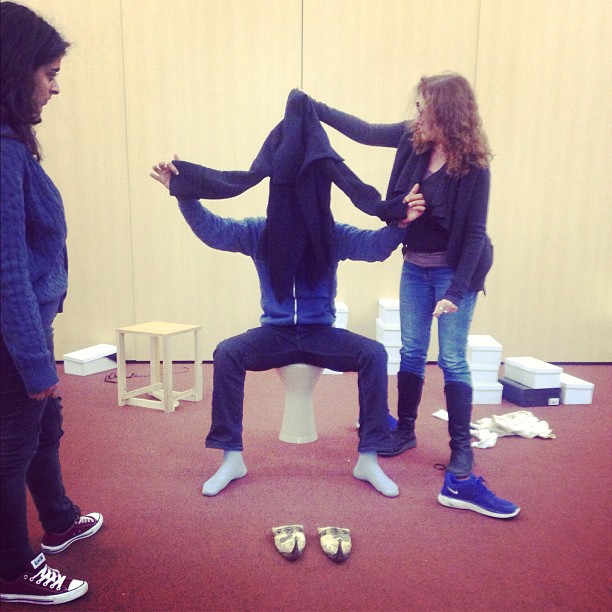
Baghdad. Late 1970s. I would come back from my primary school, eat lunch and have a siesta before waking up to watch cartoons. This was my daily routine as a six year old. I still remember that upon waking up I had to wear socks before turning the TV on. For some reason I couldn’t bear the idea of watching cartoons without socks on. Maybe I thought the cartoon characters could see me and they would disapprove of my naked feet.
Most of the cartoons were Japanese imports dubbed into Arabic. The cartoon that stands out in my memory is the adventures of Sindbad. Unlike the Sindbad of the one thousand and one nights, the cartoon version was a young boy with some kind of bird pet for company. There was one particular episode that I found equally fascinating and frightening. It was the episode where Sindbad meets an old man that asks to climb on his back so he may cross a river. However once the old man has his legs wrapped firmly around Sindbad’s neck he refuses to descend and Sindbad has to carry him everywhere. The old man metamorphoses into a scary looking goat. Eventually Sindbad gets the old man-slash-goat to drink some wine and by making him drunk, he gets rid of him.
When I was approached by director Poppy Burton- Morgan to select a story from the one thousand and one nights and use it to write something about the Arab Spring, I knew immediately that I wanted to use the story of Sindbad and the old goat. I read the original version and was surprised how violent and weird it was. In my version, Sindbad is a young man who flees his country in search of a job. He boards a boat that he hopes would smuggle him into Italy. But the boat is caught in a storm and Sindbad is shipwrecked and that’s when he meets a radical preacher that has been exiled by the tyrant that rules Sindbad’s country. This meeting has terrifying consequences for Sindbad.
Young, secular Arabs were the fuel behind the revolutions that swept through Tunisia, Libya and Egypt. However on the back of their success, Islamists parties have come to power. This is largely down to the fact that as opposition figures, the Islamist parties were the most organised and connected to the masses. There is a prevalent belief that Islam is the answer to the woes of the Arab world. The big question now is whether the Arab spring is going to turn into an Islamists winter.
It is certainly possible that these new governments might enforce regressive laws particularly in relation to women’s rights. However, that is not the only possible outcome. When I was researching my play the Prophet (which was shown at the gate theatre during the summer), I interviewed a member of the Egyptian Muslim brotherhood in Cairo who was keen to emphasise the modern face of his organisation. Provided the Islamists parties do not go down the road of rigging elections
then their influence on the political scene might wain as secular parties find their feet in this post dictatorial era.
Sindbad and the old goat is a cautionary tale about the Arab Spring. And so we could all hope that it would never come true.
Hassan Abdulrazzak | Monday November 26th 2012
















